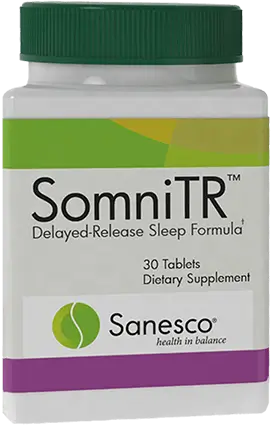26 Jan Finding Lasting Success with a NeuroWellness Program
Over the last two weeks, I shared news that the American Society for Nutrition recently supported evidence that supporting neuroendocrine health can support weight management when combined with clinician care.
In this second part of my email series about the impact of having a NeuroWellness program and clinician care for weight management, I’m covering comorbidities related to weight.
What are Comorbidities Related to Weight?
Comorbidities related to weight are weight-related quality-of-life concerns, which are important to weight management. A person’s weight plays a key role in their overall health and quality of life. This includes:
- Mood
- Cognitive function
- Sleep quality
- Cardiovascular function
- Food cravings
Imbalances in the neuroendocrine system, specifically the hypothalamic-pituitary-adrenal and thyroid (HPA-T) axis, may explain the large variety of comorbidities associated with an unhealthy weight.
The American Society for Nutrition study found significant improvements in stamina, mood, and food cravings when participants followed a NeuroWellness program guided by a clinician.
Getting your neurotransmitters tested and starting a conversation with a clinician is the first step.
If you want to give your weight management a boost or are simply looking to improve your overall health, hit reply and let’s talk about some options for getting tested and improving your health into 2023 and beyond.
Next week, we’ll wrap up this series by diving into neuroendocrine markers that are important for weight management.
Targeted Nutrition
SomniTR™ is a delayed-release formula designed to initially release 1 mg of melatonin immediately after ingestion and 1 mg three hours later to help the patient stay asleep longer.
SomniTR supports optimal melatonin production by supplementing multiple steps in the serotonin-to-melatonin pathway and also influences inhibitory GABAergic activity.
A deficiency in melatonin levels can contribute to prolonged sleep latency, inability to stay asleep, disruption to circadian rhythms and jet lag. Disordered circadian rhythm is hypothesized to contribute to increased appetite and weight gain. Melatonin also has the capability to reduce ACTH-stimulated cortisol production that has been found to interrupt sleep.
The delayed–release melatonin in SomniTR provides sustained levels for up to eight hours.
Enjoy this content?
Consider supporting our efforts as we work to put mindfulness and compassion into action to make lifestyle medicine a household word.
Want more tips, tools and strategies to help you live longer and live better with lifestyle medicine? Join our mailing list today!



No Comments